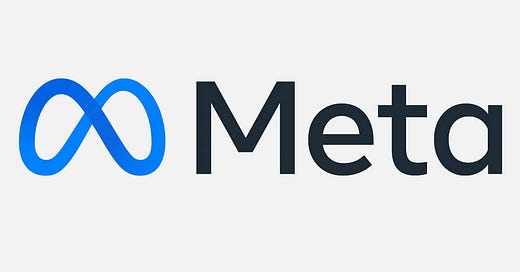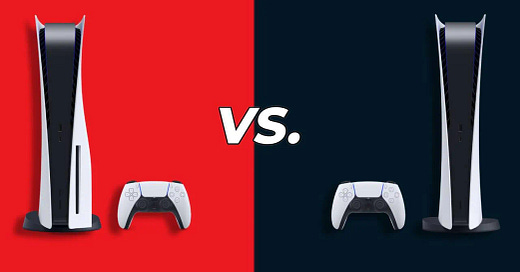Meta hands over $725m to settle data breach scandal
A lawsuit alleged Meta illegally shared users' data with third parties
➡️ The Shortcut Skinny: Meta lawsuit
💰 Meta has agreed to pay $725 million to settle a years-long lawsuit
💾 The tech giant was alleged to have illegally given users’ data to third parties
📊 The fee is the largest sum ever paid in a US data privacy class action
🤔 Meta said it’s changed its policies regarding data sharing since
Meta has agreed to cough up $725m million to settle a class-action lawsuit that alleged the tech giant illegally allowed consulting firm Cambridge Analytica and other third-party companies to access Facebook users’ personal data.
The lawsuit stemmed from a 2018 data privacy scandal, in which a whistleblower revealed that Meta had for years allowed Cambridge Analytica, as well as other third parties, to collect the personal data of tens of millions of Facebook users.
While it was originally thought Facebook had shared the data of around 87 million users, the court filing estimated between 250 and 280 million people had been affected.
As the filing notes, the $725 million fee is the largest sum ever settled for in a US data privacy class-action lawsuit, as well as the highest amount Meta has ever paid to resolve a lawsuit. Meta didn’t admit any wrongdoing as part of the settlement but said it has “meaningfully changed the practices” which govern its data handling and sharing since the 2018 scandal.
In a press statement, the law firm representing the plaintiffs said Facebook “granted numerous third parties access to their Facebook content and information without their consent, and that Facebook failed to adequately monitor the third parties' access to, and use of, that information. This historic settlement will provide meaningful relief to the class in this complex and novel privacy case.”
In response to the settlement, a Meta spokesperson told CNBC: “We pursued a settlement as it’s in the best interest of our community and shareholders. Over the last three years we revamped our approach to privacy and implemented a comprehensive privacy program.”
Speaking to the BBC, tech journalist James Ball said he wasn’t surprised Meta agreed to the payout because it was “not that much” money in the grand scheme of the company’s revenue.
“It's less than a tenth of what it spent on its efforts to create 'the metaverse' last year alone,” Ball said. "So Meta probably won't be too unhappy with this deal, but it does stand as a warning to social media companies that mistakes can prove very costly indeed."
A little over a month ago, Meta laid off 11,000 employees as CEO Mark Zuckerberg admitted overestimating the company’s growth. Its subsidiary Reality Labs will remain committed to expanding its “long-term vision of the metaverse”, despite already losing $9.4 billion this year alone.
That vision may have changed somewhat now VR pioneer John Carmack has left the company. Xbox boss Phil Spencer has elsewhere slammed the metaverse as a “poorly built game”, although Meta looks geared up to launch its next-gen VR headset – the Meta Quest 3 – next year.













